Greenwashing is insidious, widespread and on the rise. Greenpeace recently described the state of communication on sustainability as the “golden age of greenwashing“.
Greenwashing, defined by Newsweek as ‘The practice of making misleading claims that make a company appear more environmentally or socially conscious than it is’, is harmful in many ways, for the companies that produce it and also the consumers and stakeholders who are its intended audience.
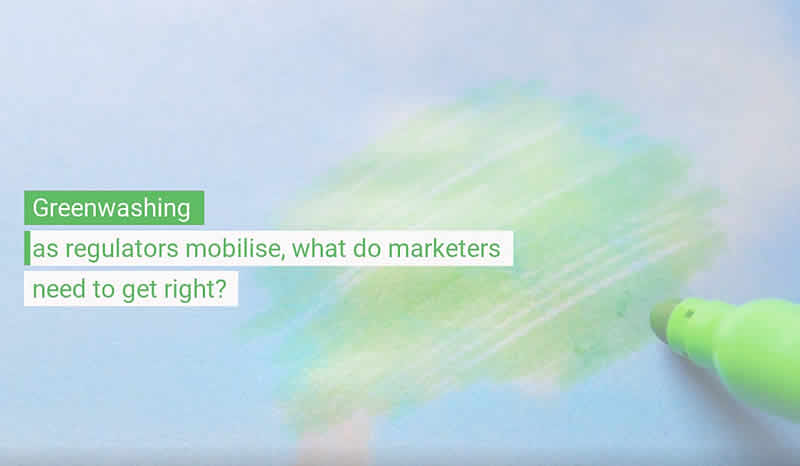
For those organisations producing greenwash, the most significant harm is caused by undermining trust and reputation – which can be a significant source of value when sustainability is done right.
Greenwashing is becoming a tidal wave.
The UK’s CMA (Competition and Markets Authority) lead a review last year of the state of play with their Dutch equivalents (ACM). The work focused on identifying misleading environmental claims and looked at a randomly selected sample of websites. They found that 40% of ‘green’ claims made online could be misleading consumers.
Claims which could be potentially breaking consumer law include:
- Vague assertions and unclear language including terms such as ‘eco’ or ‘sustainable’ or reference to ‘natural products’ without adequate explanation or evidence.
- Own brand eco logos and labels not associated with an accredited organisation.
- Hiding or omitting certain information, such as a product’s pollution levels, to appear more eco-friendly.
In Autumn 2021 the CMA put businesses on notice that they had until the end of the year to ensure that their environmental claims complied with the law. At the same time the ‘Green Claims Code’ provided guidance on good practice.
Now the CMA is completing a Compliance Review to investigate ‘how products and services claiming to be ‘eco-friendly’ are being marketed, and whether consumers could be being misled.’
The first review was launched in January 2022 to look at environmental claims in the fashion retail sector. Other sectors will follow.
Why are so many claims misleading?
We suspect they fall into the following categories:
| Fraudulent | Claims that are knowingly false and inaccurate | Intent separates this from the next section. |
| Lack of knowledge/expertise | Claims that are false and inaccurate as a result of lack of error, or a lack of awareness, knowledge, or effort | Many claims fit in this category, but ‘incompetence’ is not a much more comfortable place to inhabit than fraud |
How do they arise?
Motivation for greenwashing ranges from a desire, in at least part, of a company to mislead (e.g. VW dieselgate) to over-exuberant marketing where there’s insufficient knowledge of the issues and a focus on good news over real news.
It is the latter category where the pressure is. Increasingly consumers are concerned about sustainability issues such as working conditions in supply chains and the environmental impacts of products and services – and they need to be able to trust that the claims made about the performance of products and services are meaningful.
As companies (and NGOs) seek to demonstrate what they’re doing, and reap competitive advantage from their sustainability efforts, they risk making at best unclear and at worst false claims.
How to make valid claims
Avoiding greenwash has always been focussed on some simple and fundamental principles, claims should be:
- Clear
- Accurate
- Substantiated.
In addition, the CMA has published a useful checklist, which we have simplified here:
Overall
The claim must not mislead, it must be ’accurate and clear for all to understand’.
Completeness
- general claims must reflect all parts of the business, product or service and life cycle.
- partially correct claims are not acceptable, any conditions or caveats must be made clear.
- all information needed to make choices about environmental impact should be included (or linked to).
Evidence
- must be provided to underpin the claim.
- must be complete, up-to-date, and credible.
Truthfulness
- claims must not include or imply anything that’s not true.
- should not exaggerate positive aspects or downplay negative ones.
- comparisons must be accurate and fair.
- do not claim benefits from legal requirements or standard features.
Meeting these criteria means work – more structured processes, rigour in approach and higher levels of disclosure than many organisations have achieved to-date. Above all, a stronger link to sustainable business strategy will be needed. If sustainability is truly a meaningful focus and driver of your organisation, then avoiding greenwashing should be easy!
Greenwashing – as regulators mobilise, what do marketers need to get right?
Greenwashing is insidious and widespread. It’s also harmful to your reputation, one of the main sources of value from taking meaningful action on sustainability issues.
And greenwashing is becoming a tidal wave.
So how should marketers and other professionals tackle this?
What is Greenwashing? Why it matters and how to avoid it
The need for meaningful change in business practice to deliver sustainability and equity is perhaps more pressing than ever. But persistent greenwashing undermines the wider understanding of sustainability, erodes trust, adds confusion and fuels cynicism.
Certified Greenwashing – Real Greenwash Kitemark
To-date, claiming environmental credentials has been somewhat of a niche activity. But now that consumers, governments and even a few companies are waking up to the power of blah blah blah – greenwashing really has gone mainstream.
There’s so much activity it can be difficult to keep up and not be overwhelmed with who’s claiming what and on what basis – or perhaps more importantly – what lack of basis.
It’s time to get professional. So, we’re pleased to announce the new Real Greenwash KitemarkTM.
Greenwashing – turning up the heat on green claims
Greenwashing is getting dangerous – regulators, customers and consumers have increasing expectations regarding access to good quality, consistent information on sustainability, whether it is about a company’s overall performance, or about specific aspects of a product and how it compares to others. This article explores the context and what you need to consider while attempting to meet growing customer expectations and increasingly fierce regulators.

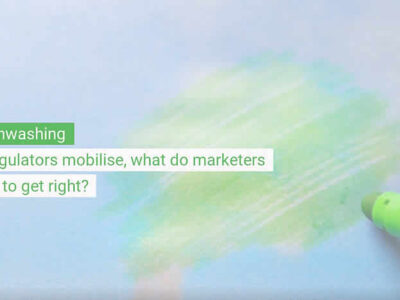
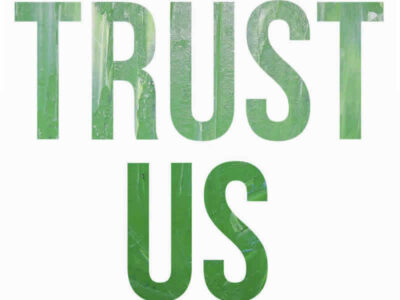
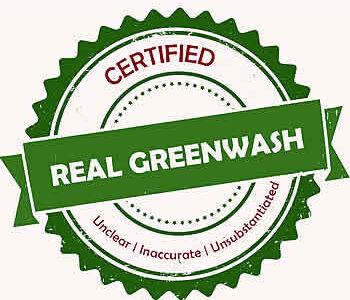
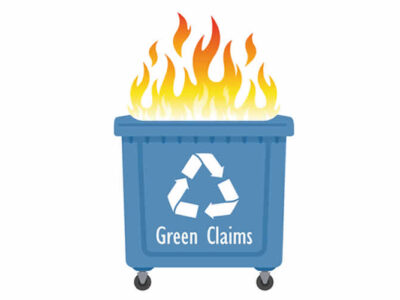
 Global Risks 2022
Global Risks 2022
Leave a Reply